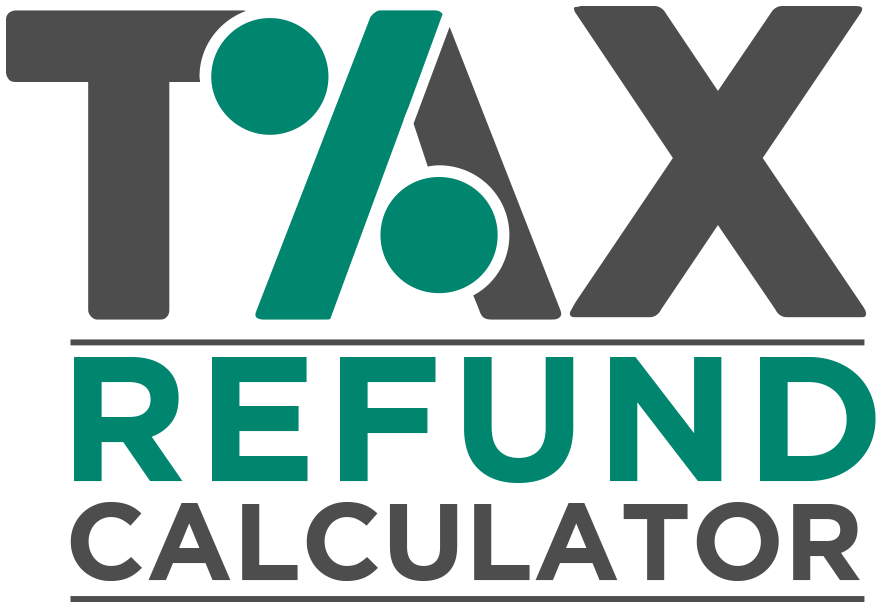
Am I Eligible For a CIS Tax Refund?
Here are some of our most frequently asked questions relating to CIS Tax refunds. Hopefully they will make it a little less confusing for CIS sub contractors to work out if they have a claim.
Our tax experts have been handling CIS refund claims for sub contractors in the construction industry for a long time, so we are in a great position to answer your CIS tax refund questions.
What Is A CIS Tax Refund?
The Construction Industry Scheme (CIS) is a tax scheme by which contractors deduct money from a subcontractor’s payments and pass it straight to HMRC. These deductions count as advance payments towards the subcontractor’s tax and National Insurance. Subcontractors are usually due a tax refund and can also claim back expenses.
We help thousands of construction workers apply for a tax refund, making sure they get all the money back that they are owed by HMRC.
To find out how we can help you, complete a simple form and find out what you are owed.
How Much Tax Do I Pay Under CIS?
If you are hired by a contractor to do construction work, they will deduct tax on your payments and forward this to HMRC. For subcontractors, this means paying a 20 to 30% tax rate unless you are exempt because you have gross payment status.
Things to note:
- This payment is made in advance to HMRC which often means that subcontractors may be due a tax rebate or refund when they come to do their yearly accounts.
- When a subcontractor submits an invoice, they list materials and supplies separately to the labour costs. These materials will not be subject to tax.
Am I Eligible For a CIS Tax Refund?
If you are a limited company subcontractor, you may be entitled to receive a refund. A refund claim can be made if you believe you have paid too much National Insurance or tax for any given year.
What Is The Cis Deduction Rate?
According to HMRC, they make the following deductions:
- 20% for registered subcontractors
- 30% for subcontractors who are unregistered
- 0% for subcontractors with ‘gross payment’ status
By registering you can save 10% on your CIS tax deductions. You can do this by giving your employer your Unique Taxpayer Reference (UTR) number.
If you don’t know your UTR number, we can help you get one sent out to you. HMRC requires your UTR number so that they can identify you easily.
If your employer does not have it or show it to them, then you are effectively punished by an increase in your overcall CIS deductions amounting to an extra 10% of your total wages.
What Do CIS Tax Refunds Cover?
You can claim back any work expenses that HMRC consider to be allowable for tax relief. Including:
- Capital expenses eg: a laptop tools, equipment that you use only for work.
- Motor vehicle costs, providing the vehicle is used exclusively for business, including things like fuel, insurance, mileage and road tax.
- Costs incurred from buying or washing uniform
- Travel costs if you have to move from one site or location to another as part of the job
- Costs, including meals, tolls, congestion charges, parking charges, the cost of business phone calls — everything you have to do for your job
- Any “remaining admin costs” that relate to your work, but aren’t listed above
- General business expenses such as public liability insurance
What Do CIS Tax Refunds NOT Cover?
here are some jobs that are not covered by the CIS scheme, even though they might seem like they should be:
- Scaffolding Hire (if there’s no labour involved)
- Carpet Fitting
- Surveying & Architecture Work
- Making Materials used in Construction
- Delivering Materials to Construction Sites
- Work that isn’t construction related, even if it takes place on-site (such as working in a canteen).
How Do Cis Tax Deductions Work?
Because it is a type of tax,the contractor who has hired you deducts money from your payments before you are paid. These deductions are sent on to HMRC. They are essentially an advance payment towards the tax and your National Insurance that you pay anyway.
HMRC does this as a way to prevent “cash-in-hand” tax evasion but what often happens, is that too many honest, tax-paying construction workers end up paying too much tax as a consequence.
How Do I Apply For A Tax Refund?
The first thing you must do is gather as much information concerning your work as possible. The more information you can get, the more money you could get back from your HMRC tax refund.
Here are some useful documents and records to help maximise your CIS tax return:
- Copies of any CIS tax statements that you have (they are sometimes called ‘CIS vouchers’ or ‘CIS pay slips’)
- Information about the places you have worked at
- MOT certificates that show how much mileage you have done
- Expenses’ receipts
- Invoices for work-related tools and equipment you have purchased
- Bank statements
You may not have the records of absolutely everything, but the more information the better.
What If I Don’t Have All My Receipts?
If you can’t find any receipts, don’t worry. You can still claim a flat £1,000 allowance (known as “the Trading Allowance”). For most people, this is actually more than their expenses anyway.
Do Most People Get Their Full Refund?
If you choose to file your own Self Assessment tax returns, then you almost certainly will not get the full tax refund you are entitled to.
This is because, if you aren’t an expert, it’s easy to miss out details or to make mistakes; most people do not realise the extent to which they’ve been overcharged by HMRC when they file their own taxes.
In extreme cases, some people don’t even get a CIS rebate. Or if they do, it’s a massive undercalculation of what they deserve.
This is where we can help you. Our experts closely examine every aspect of your taxes, to see how much of a HMRC tax refund you are entitled to.
How Long Does It Take To Get an HMRC Tax Refund From CIS?
between 1 to 8 weeks…
If you are a sole trader and eligible for a CIS tax rebate, then your tax rebate should be processed in between 1 to 8 weeks. This depends on the time of year that you process your claim; for example, the end of the financial year may take longer to process. We generally see our clients being paid their CIS tax refund within around 10 days of when they apply for a tax refund.

